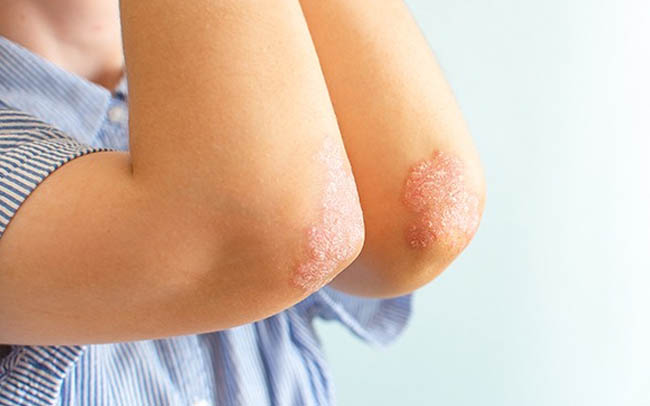Eczema
Eczema, also known as atopic dermatitis, is a chronic skin condition that affects millions of people worldwide. It is characterized by dry, itchy, and inflamed skin that can be red, scaly, and even oozing in severe cases. While eczema can occur at any age, it is most common in children, with about one in five children suffering from this condition.

Types of Eczema
Atopic dermatitis causes dry, itchy skin that often appears with a red rash. It is the most common type of eczema.
Contact dermatitis is caused by exposure to something that irritates the skin or triggers an allergic reaction.
Dyshidrotic dermatitis affects fingers, palms of the hands, and soles of the feet. It causes itchy, scaly patches of skin that flake or become red, cracked, and painful. The condition is more common in women.
Nummular dermatitis presents as round, red, very itchy scaly patches. It is more common on the lower legs and is usually caused by a break in the skin and a history of very dry skin.
Stasis dermatitis is typically seen on the lower legs and is caused by poor blood flow.







